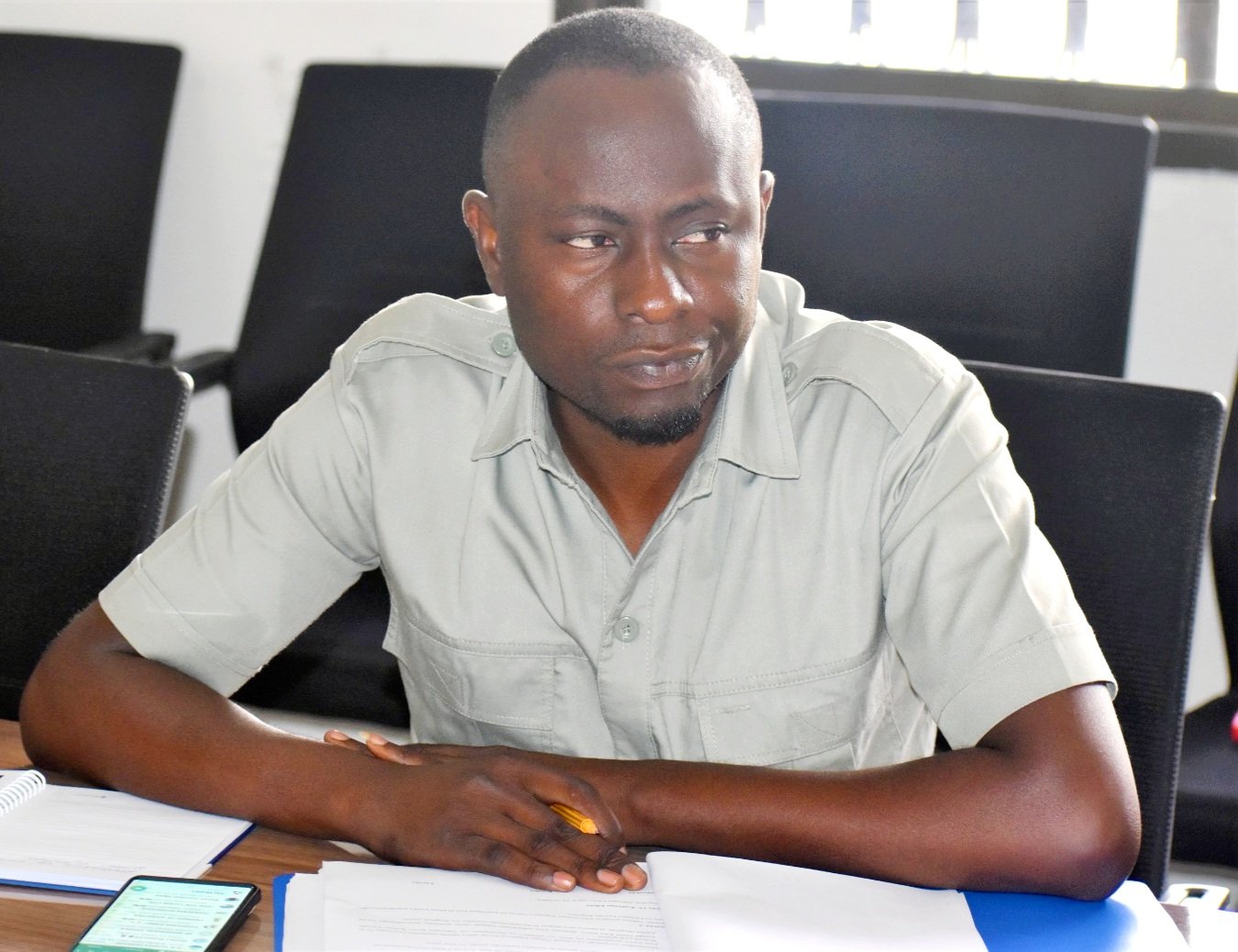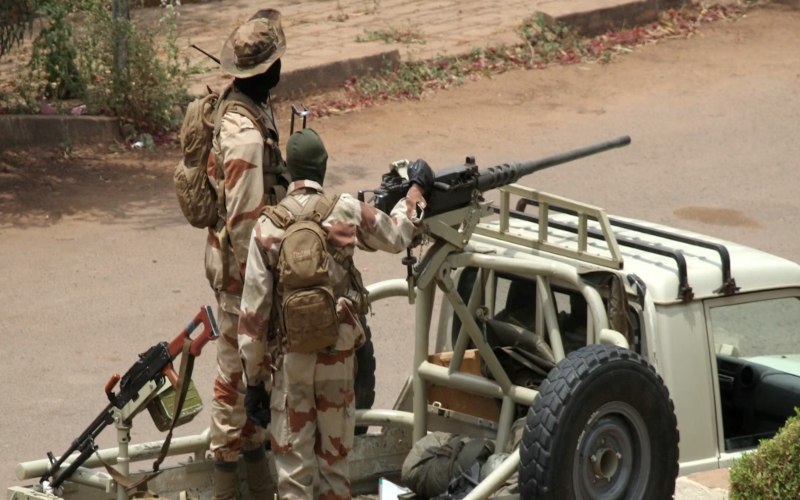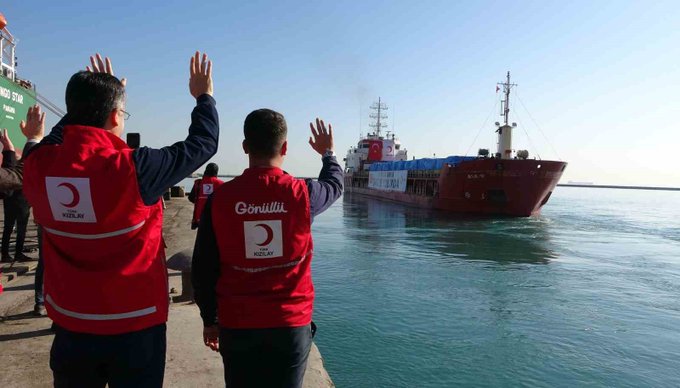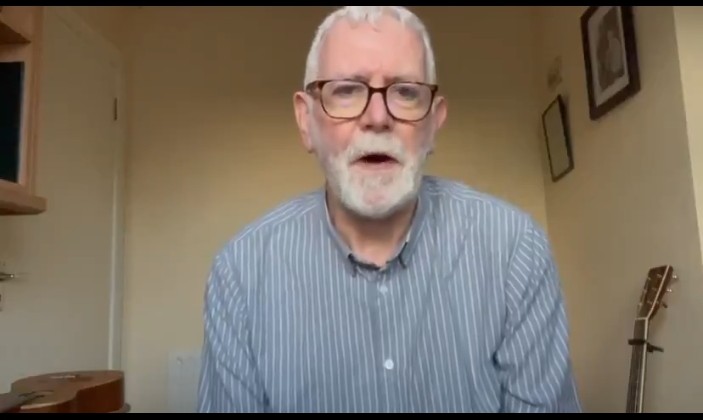No end in sight to souring Rwanda-DRC relations as Kagame talks tough
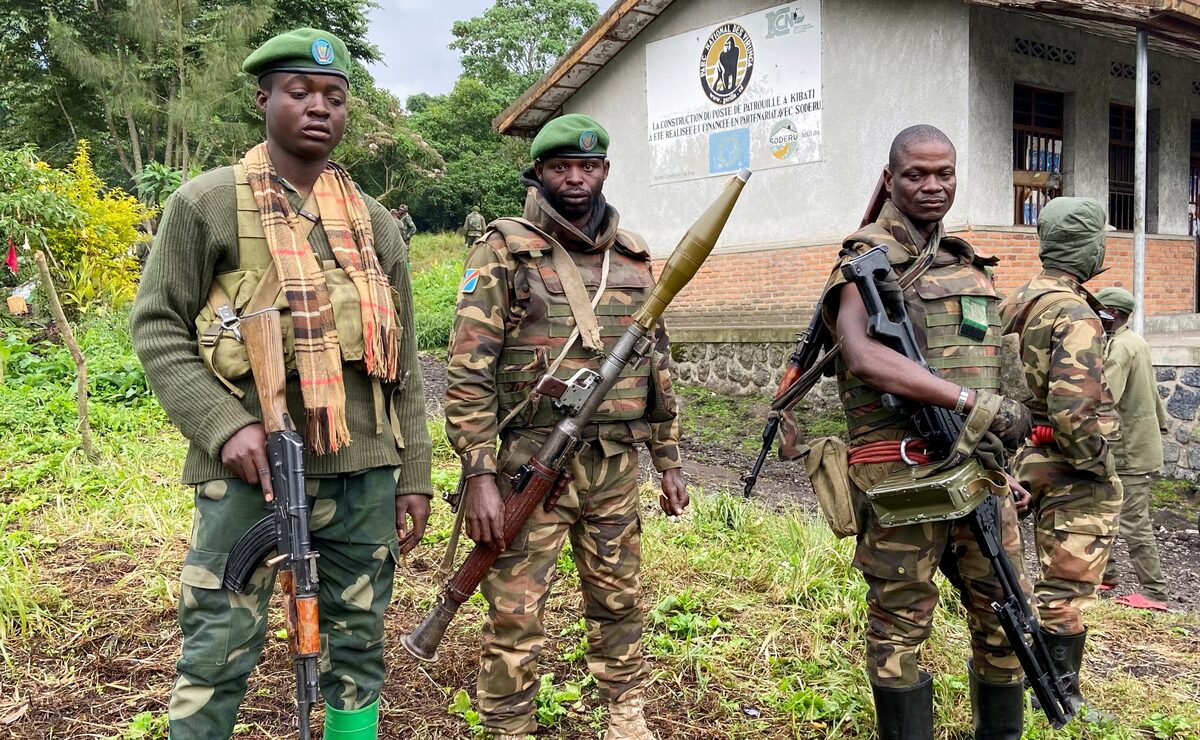
The Rwandan leader claims that Kinshasa has armed FDLR and uses it to fight the M23, who are Congolese.
Rwandan President Paul Kagame has asked the Congolese government and the international community to cease abetting plans by the Democratic Front for the Liberation of Rwanda (FDLR) to destabilise his country if they want the Rwanda Defence Forces (RDF) to stay away from Congo.
Kagame said the FDLR problem is a long-term issue that needs to be addressed.
More To Read
- Peace falters as fighting in eastern DR Congo raises fears of regional war
- AU warns of rising violence in DR Congo and Great Lakes region amid M23 advance
- Burundi closes border with DR Congo after M23 enters Uvira, sources say
- Eastern DR Congo fighting kills scores, cuts food aid and drives mass displacement
- UN hails DR Congo-Rwanda peace deal amid ongoing hostilities in the east
- Scepticism grows over DR Congo-Rwanda peace deal
A recent UN experts report said between 3,000 and 4,000 Rwanda government forces are deployed in the eastern Democratic Republic of Congo (DRC), operating alongside the M23 rebels who have been making major advances. But Kigali denies the accusations of supporting the rebels.
The report says Kigali has also "provided troop reinforcements to the M23 for specific operations, particularly when these were aimed at seizing strategic towns and areas".
Last month in Luanda, a ceasefire agreement was brokered after a meeting between the DRC and Rwanda foreign ministers under the auspices of the Angolan government.
But on August 4, the day the deal was to take effect, M23 rebels — who launched a new offensive at the end of 2021 — captured a town on the border with Uganda.
Speaking last week, Kagame insisted mediation will not work “if the party most directly concerned does not do what is needed”.
FDLR is a rag-tag rebel group made up of remnants of the Interahamwe and militants from the former regime who fled to Congo after committing genocide against Rwanda’s Tutsi in 1994.
Although some of them surrendered and were reintegrated into the RDF, many hardliners stayed in Congo forests and have been rebelling against Kagame’s regime.
“My problem is the one of FDLR that the government of Congo has armed and uses to fight M23 who are Congolese,” Kagame said.
He claimed the DRC plans to use the FDLR to “take the war to Rwanda”.
“The FDLR problem has been around for 30 years; they lie to us that they want to address this problem yet in actual sense they want it to remain for their own interests,” Kagame said.
Exploitation
He termed as false claims that the Interahamwe militia had left Congo but Rwanda covertly took them back there to create a pretext to go back to the DRC to exploit the country’s minerals.
“But those minerals in Congo they keep accusing me of taking, why doesn’t Congo itself use them to develop itself? How come I see its citizens are also as poor as mine, or even worse?” wondered Kagame.
He said Rwanda currently hosts up to 130,000 Congolese who have fled their country after being persecuted and that more keep flowing in. He said it is this persecution and denial of their rights as citizens that pushed the M23 to fight their government.
“There will always be consequences if you mistreat and take away the rights of the people,” he said.
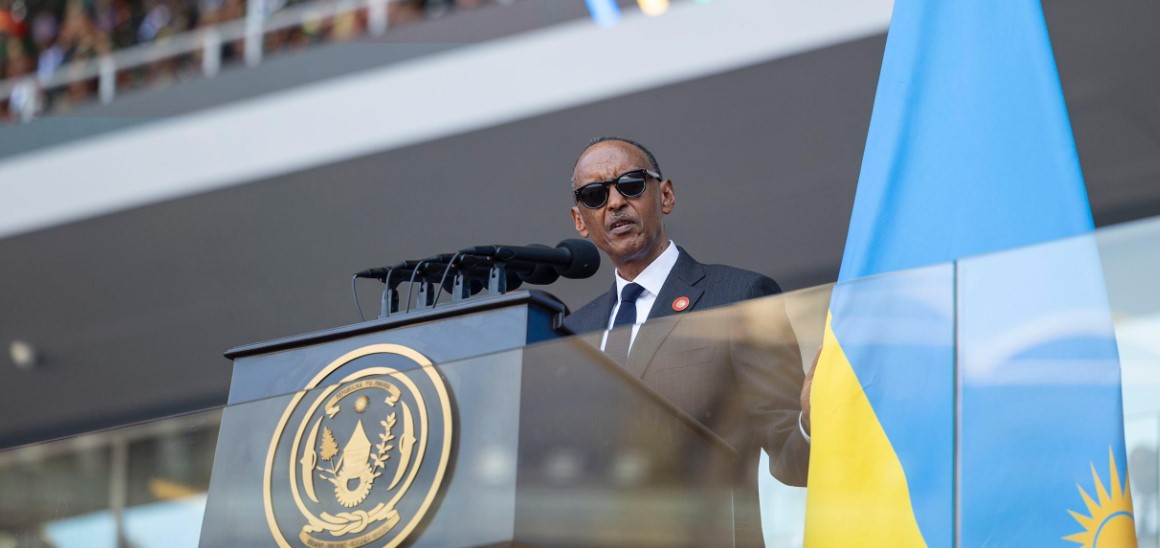 Rwanda's President Paul Kagame addresses the nation at Amahoro Stadium after being sworn into office for his fourth term, on August 11, 2024. (Photo: Presidency Rwanda)
Rwanda's President Paul Kagame addresses the nation at Amahoro Stadium after being sworn into office for his fourth term, on August 11, 2024. (Photo: Presidency Rwanda)Rwanda's President Paul Kagame addresses the nation at Amahoro Stadium after being sworn into office for his fourth term, on August 11, 2024. (Photo: Presidency Rwanda)
He said the international community only wants to address the problem in a way that suits their interests as opposed to addressing its roots by giving justice to those who are at the centre of the problem.
“You can’t pursue your interests at the expense of other people’s rights, these two shouldn’t even meet anywhere. Imagine Congolese leaders publicly saying they will never hold talks with those who are fighting for their rights,” said.
He said DRC should choose how to solve its problems, even if it means using military means, without involving his country.
“Why do you want me to get involved with M23 at all? You admit these are Congolese; why doesn’t Congo solve this problem of M23?” asked Kagame.
He said he would ensure any plans to attack Rwanda would not materialise.
Relations between the two neighbours soured after DRC President Felix Tshisekedi accused Rwanda of backing the M23 rebels bent on ousting his government.
What started as a warm relationship between the two leaders, in the early stages of Tshisekedi’s first term, ended up souring very fast.
In March 2019, Tshisekedi visited Rwanda on Kagame’s invitation to participate in the Africa CEO Forum. During the forum, both leaders shared remarks which showed the willingness to transcend conflicts in the region and aim at prosperity and peace for their citizens.
Two months later, Kagame visited Kinshasa and was warmly hosted at the presidential palace in N’Sele.
Tshisekedi then hosted Kagame and Angolan President João Lourenço to a tripartite meeting focusing on restoring regional security and enhancing economic cooperation at a time when Rwanda and Uganda were feuding.
The camaraderie and warm relations continued until the resurgence of the M23 rebels threw the relations off balance.
Agreement implementation
M23 was defeated in 2013 but took up arms again in 2021 to demand the implementation of an agreement signed with Kinshasa, which had, among other things, stipulated the integration of some of their fighters into the DRC army.
From the early days of the M23 resurgence, DRC, the USA and the UN have accused Rwanda of backing the rebels — who are Congolese ethnic Tutsis — accusations Rwanda continues to deny.
Tshisekedi cancelled RwandAir’s lucrative Kigali-Kinshasa route, before sending Rwanda’s envoy to DRC packing, breaking diplomatic channels and souring relations between the two countries.
Kagame insists that there must be a balance in addressing the current conflict with DRC.
“We want good neighbourliness; and how do we achieve this? It shouldn’t come at my expense and not at the other party's expense as well. It is a give-and-take issue. We work together, we address your problem but also address my problem. The rest will just be going back and forth,” said Kagame.
Since the end of March, the frequency and intensity of the fighting in eastern DRC have increased, and the M23 has seized parts of Rutshuru up to a dozen kilometres north of Goma, the provincial capital of North Kivu.
Top Stories Today


